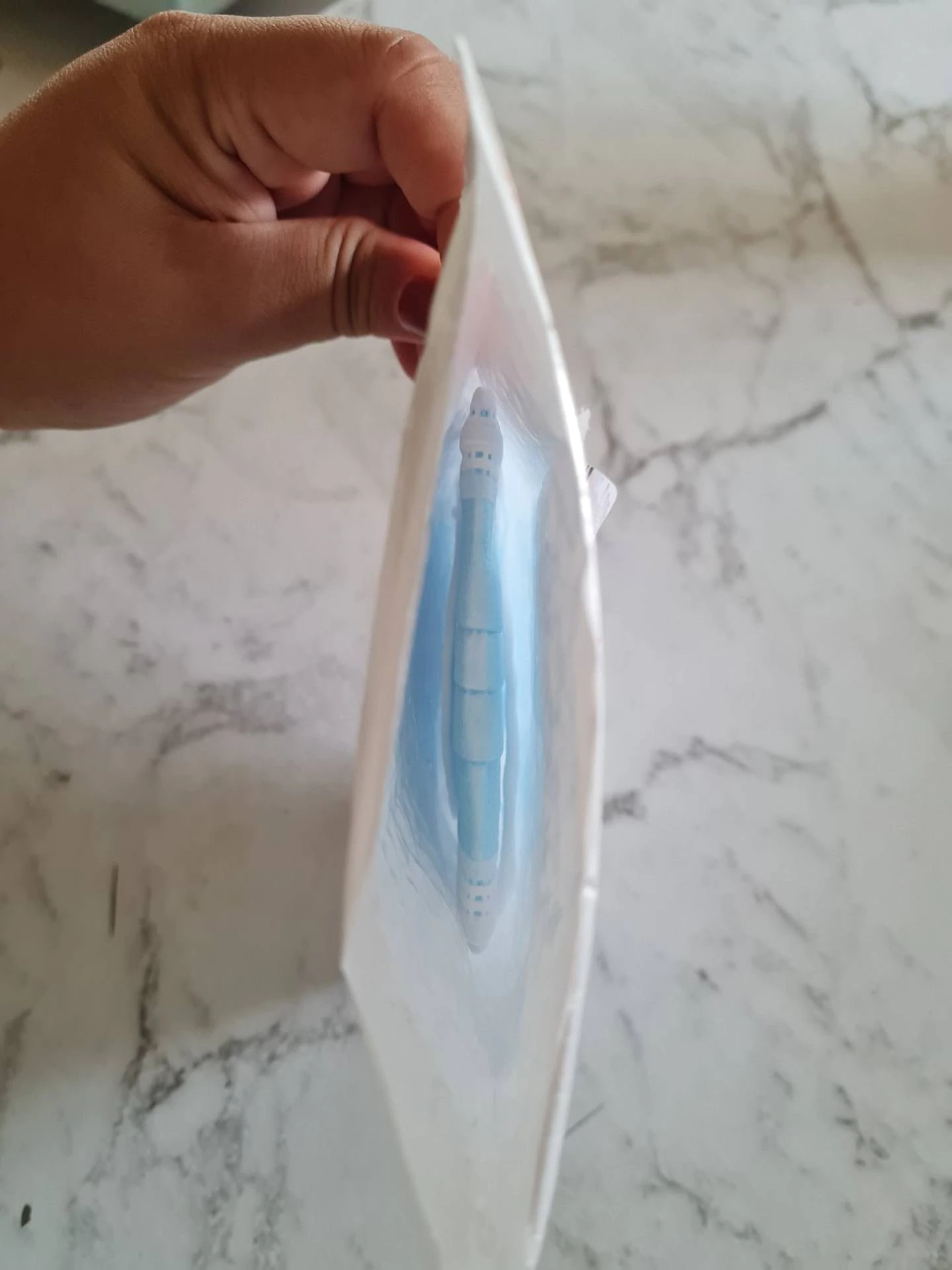
The woman, who did not want to be identified, said the package was addressed to her husband who didn't have an online social media presence.
The last time he'd bought something was through Amazon but that was one or two years ago, she said.
If either of them were to buy anything from overseas it would most likely be her, she said.
However, of most concern was not only that it included her husband's cellphone number, but that there were face masks inside.
Unsure if they were contaminated or not, she immediately called police who were now making inquiries.
The package was delivered through Courier Post on January 21 but he didn't open it until Tuesday as he knew he wasn't expecting anything.
"That's when he told me about it. It looks like one, possible two masks.
"We haven't removed the mask from inside the parcel as we are worried that the mask has been used and what the intention was for sending it to us. We don't want to scaremonger about China and Covid, but the unsolicited mail with our address including my husband's phone number is worrying."
The senders address included a phone number which, when phoned didn't connect, and an address that couldn't be read properly.
She said she had called NZ Post and was told they weren't responsible for what the parcel contained just for delivering it.
"NZ Post's role is to deliver parcels and mail as addressed. If you receive something that is not addressed to you, or is not expected, our advice is to either return to sender or report the item to the police," a NZ Post spokeswoman said.
"We are not set up to trace senders from overseas, and it is not our role in this type of situation to do so."
After speaking with police, she removed the mask - using protection - to see what else was in the package, only to find a second, but nothing else.
She was now speaking out about her experience to warn others.
"It would be good to know if this has happened to other people, how widespread this is occurring in New Zealand, and also to advise other people what to do in these instances."
After a bit of digging around, she had discovered the parcel could be a scheme called "brushing", where companies make up fake reviews of their products and then send out a token package to an unsuspecting customer.
There were multiple reports of United States residents being sent random packages of seeds in the mail, while CNN reported one woman also received a disposable mask.
Jessica Wilson, of Consumer NZ, said she had heard of instances where Kiwis had been sent parcels that containing products they hadn't bought.
They usually contained invoices and asked people to pay.
Online safety group Netsafe said the incident seemed to be an example of what's called a "brushing scam", and that they had only had one other report of similar incident occurring.
"Brushing scams involve sellers on e-commerce sites using compromised customer accounts, or creating new accounts using other people's information, to purchase goods from their own account," a spokeswoman said.
The purpose behind the scam could be to inflate sales numbers by making it appear like a website was selling more items than it actually was or receiving more reviews for its products.
"These scams are more likely to include fake accounts with random addresses added for delivery as opposed to genuine accounts being taken over," Netsafe's spokeswoman said.
"Netsafe's advice would be to review all bank statements and purchase history on accounts the recipient has with e-commerce sites to ensure this wasn't an account compromise variation of this scam."
"Sometimes the fake accounts are created using customer information that has been captured from public records like the phone book or from other online services that sell customer information."
Consumer NZ's Wilson urged the woman to keep an eye on her husband's credit card details in case they had been compromised.
She confirmed they had not had any reports of people being sent packages with disposable masks inside.
A police spokesperson confirmed they had received a report of a suspicious item received in the mail.
Netsafe and NZ Post have also been approached for comment.












